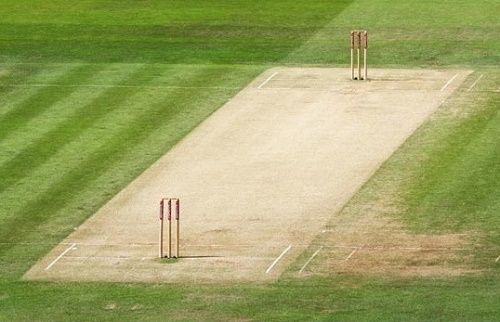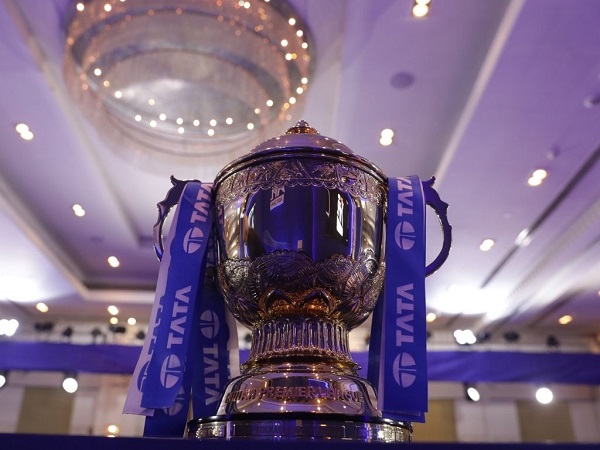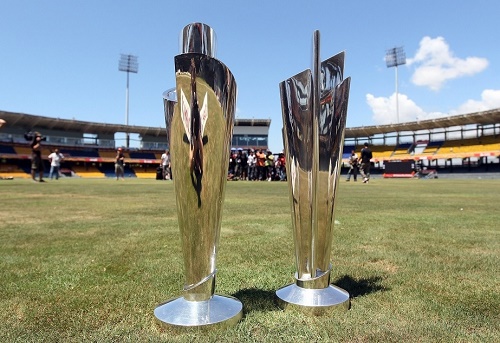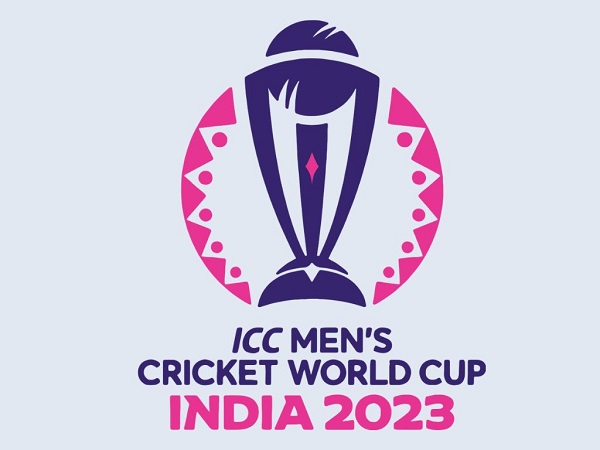The Central Government was urged to regulate online gambling and betting and impose a uniform tax on it, providing real protection for the youth, instead of having states wash hands with ineffective and counterproductive prohibitions.
The MP Used the Zero Hour to Raise an Important and Urgent Issue
Sushil Kumar Modi, a member of the upper house of India’s parliament, used the Zero Hour for an urge to the nation’s government to bring regulation over the online gaming industry. The so-called ‘Zero Hour’, which immediately follows the parliament’s Question Hour, is the time when members of parliament (MPs) can raise matters of great importance and urgency for the public without prior notice.
Particularly worried by gaming addictions that might spread among children and that the rise of online gaming has been paving the way for gambling and betting, MP Modi stated: “Online gaming is becoming a big addiction. I would like to highlight that this sector, like the crypto industry, certainly has regulatory lacunae.”
Sushil Kumar Modi continued his speech pointing to the ongoing disputes over what constitutes a game of skill as opposed to a game of chance. “I would urge the government to bring a uniform tax on online gaming and I urge the government to make a comprehensive framework of regulation for online gaming,” he said.
The member of the Rajya Sabha further quoted numbers from recent studies that had revealed average gaming time per week has expanded from 2.5 hours to 4 hours and that the online gaming market has reached revenues of $1.8 billion and is projected to grow to $3.8 billion by 2025.
“Consult the Law Ministry and do the needful. It’s a big menace,” was the reaction of the Chairman of Rajya Sabha, M Venkaiah Naidu, directed to the Minister of Communications, Electronics & Information Technology Ashwini Vaishnaw.
Regulation and Licensing are a Safer Approach than Banning
During his Zero Hour speech, MP Modi drew attention to the ineffective attempts of several states, including Telangana, Andhra Pradesh and Kerala, to ban online gaming through law amendments. These legislative initiatives were struck down by high courts as unconstitutional and proved counter effective leaving the online space unchecked and accessible to any sites..
Some Operators on the Desi Market Are Regulated
Notably, the most reputable online casinos and the best betting sites in India have been regulated by one or another of the world’s top-rated international gaming licencing authorities – the likes of the Malta Gaming Authority (MGA), the Gibraltar Licensing Authority (GLA), and the Curaçao Gaming Control Board (CGCB).
These stamps of approval are granted to applicant casino or betting sites only after rigorous checks proving full conformity to the strict requirements of the licensing authority. This is pointed out by a recently published research paper comparing the existing international and national gaming licensing regimes by RMG market analysts Esse N Videri (ENV) Media.
Typically, applications for an offshore gaming license include providing evidence about the integrity of the random number generator (RNG) and return-to-player (RTP) algorithms, as well as showing sound anti-money laundering (AML) policies and origin of funds.
More importantly, contemporary international gambling licenses require casino and betting platforms to implement strict customer protection and responsible gaming (RG) mechanisms, including easy access to professional help for problem gambling, limits on transaction amounts and login times, speed-of-play limits, prohibitions of false wins and reverse withdrawals, and more.
A good example working towards the integrity of betting on real-world sport events and against fixing of matches is the new policy implemented by the MGA requiring operators to report all suspicious bets which has been in force since the beginning of 2021.
National Regulation Can Have All Sites Adhere to Responsible Gaming Rules
The ENV Media paper brings forth the existing tendency of mature markets to move towards national regulation on betting and gambling with the view to exercise more efficient and thorough control over this sector. The main focus of the trend has been the shift from data protection to customer protection and responsible gaming. The majority of the world’s developed economies, including most European countries and the UK, Australia and the US, have all regulated gambling. Thus, they allow operators to apply for a local license in exchange for greater responsibilities and for being accountable for their activities and business on the territory of the licensing country.











